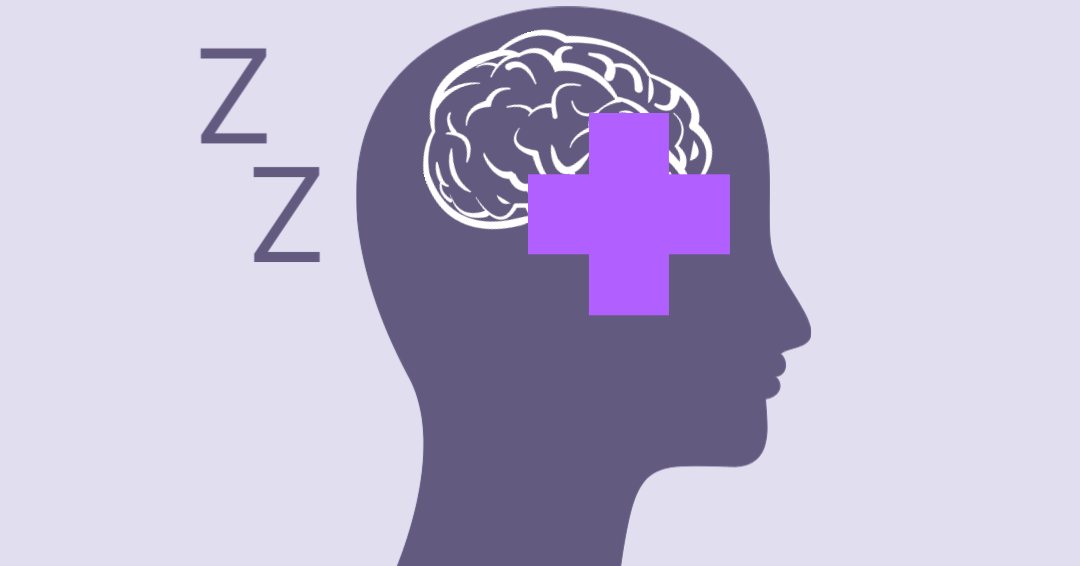How often do you wake up on the wrong side of the bed? Before your eyes even open, it can feel overwhelming just thinking about having to start your day.
This can feel even worse when you haven’t had enough sleep...
It’s no secret that sleep plays an important role in your mental health, but let’s talk about why…
The Bidirectional Relationship You Should Know About...
The relationship between sleep and mental health is bidirectional.
Bidirectional means that your sleep and your mental health function in two opposite ways. For example, sleep can either be the cause of your morning frustration, or your frustration could cause poor sleep.
The relationship between sleep and mental health has caused debate among researchers. People who experience mental health struggles are diagnosed with sleep disorders more often than those who do not. Until recently, doctors usually addressed mental health problems, but not the associated sleeplessness.
Scientists once considered sleep to be separate from mental health, but researchers now widely acknowledge they are connected. They've shown through their research that getting the best night’s sleep can greatly help enhance overall mental wellbeing.

How Does Sleep Affect Mental Health?
Every year, over 40 million adults in the U.S. experience occasional anxiety. Researchers have known for a while that a lack of sleep amplifies anxiety and that sleep helps reduce those symptoms. A recent study found that sleepless nights can increase occasional anxiety by 30%.
And when stress levels are high, you’re likely not getting the NREM sleep that your body needs. NREM sleep is when your body repairs damage from the day's wear and tear and is also the stage of sleep when your brain repairs itself and flushes out toxic waste.
If you feel emotionally drained, exhausted and anxious after a few nights of poor-quality sleep, chances are that it's because your body hasn't been getting enough NREM sleep.
Another sleep stage, REM, affects our mental health. Dreams, which occur during this sleep phase, help you process your experiences and emotions from waking life. But if you're not getting enough REM sleep, it's bad for both mental health and physical well-being. There is a strong link between depression and not getting enough REM sleep at night.

Poor sleep can trigger a decline in mental wellbeing and can also be a symptom of poor mental health.
The bottom line? In order to promote mental wellbeing, make sure you're getting enough sleep each night!
And how do you do that?
Try creating a safe and comfortable space for you to unwind and begin your journey to a better night's sleep…
For example, turn off electronics at least half an hour before bed, and instead curl up with a good book or maybe take a nice relaxing bath…
But what if your healthy bedtime habits aren’t cutting it?
For an all-natural way to drift off into a gentle, deep sleep, try SleepPak.
SleepPak’s perfectly-balanced time-release formula, and all-natural ingredients, are designed to work in harmony to help you fall asleep faster, stay asleep longer, and feel rejuvenated each morning without the grogginess you’d get from other sleep aids.
Get the rejuvenating sleep your mind and body need. Get SleepPak today!

